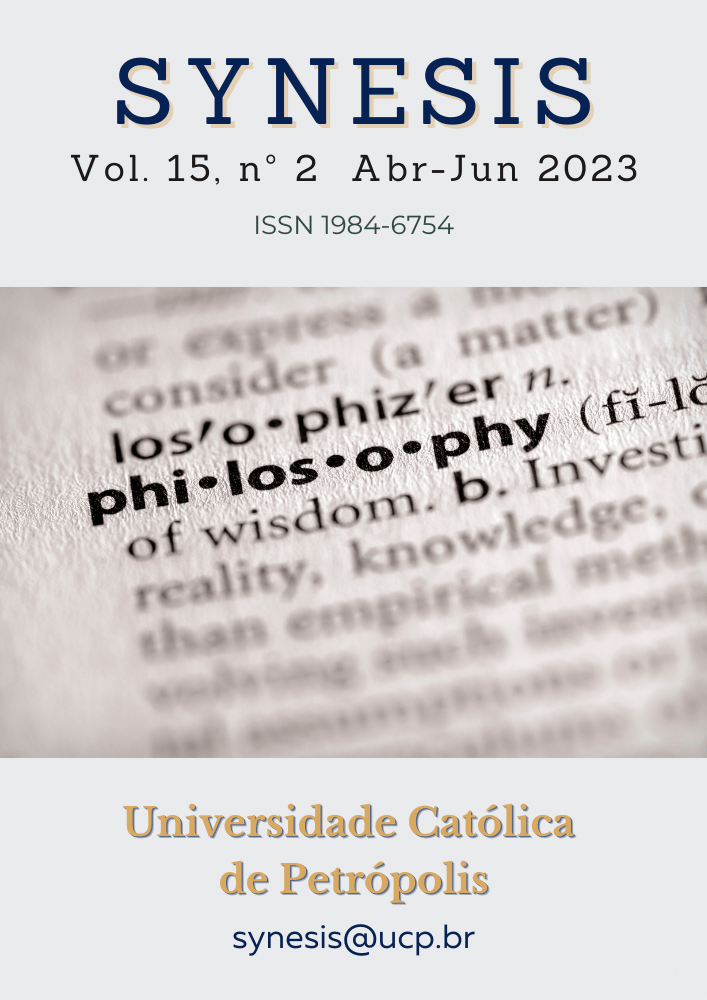Abstract
In the article, on the basis of a detailed study of the ideas of modern Chinese philosophers, a systematic examination of the features of the philosophical and anthropological discourse within the framework of Chineseized Marxism is carried out. Conceptually, for the realization of the set goals and objectives, the work of such theorists and thinkers of Chineseized Marxism as Mao Zedong, Li Jiehou, Li Dazhao, Qu Qiubo are taken into account, and two key philosophical and anthropological questions are also highlighted: the essence of human nature and the meaning of human existence. The opinion is substantiated that modern Chinese thinkers, seeing a dichotomy in human nature - social and natural - focus their attention on the social component, emphasizing that it is relations in society that form the basis of any human activity. It is revealed that in thinking about the nature of man, Chinese thinkers took into account not only the work of K. Marx, but also I. Kant. Considering and thinking about the meaning of human existence, the opinion is proven that in Chinese Marxism, as well as in Soviet Marxism, there is a concept of a "new man" who will live exclusively on the principles and principles of Marxist philosophy. It is proved that the importance of this concept for Chinese Marxism is due to the solution of the question of the role and significance of man in history. It was found that although the emphasis is on the social purpose of human life, we can still find considerations about the existential aspect within the framework of Chineseized Marxism, which is manifested in living for the sake of self-improvement and other people.
References
Chan, A. (2003). On Chinese Marxism. London and New York: Bloomsbury.
Chong, W.L. (1999). Combining Marx with Kant: The Philosophical Anthropology of Li Zehou, Philosophy East and West, Vol. 49, No. 2, "Subjectality" 主體性: Li Zehou and His Critical Analysis of Chinese Thought (Apr., 1999), pp. 120–149.
Knight, N. (2005). Marxist Philosophy in China: From Qu Qiubai to Mao Zedong, 1923–1945. Springer Netherlands.
Mao Tse-tung (1964). On Contradiction. Peking: Foreign Language Press.
Mao Tse-tung (1969). Speech in Hangchow on 21 December 1965, quoted in "Mao Tse-tung tui wen-ko chih-shih hui-pien" (Collection of Mao Tse-tung's Directives during the Cultural Revolution "), Tsu-kuo (China Monthly) (Hong Kong), No. 66 (1 September 1969).
Meisner, М. (2014). Li Ta-chao and the Origins of Chinese Marxism, Harvard University Press.
Munro, D.J. (1971). The Malleability of Man in Chinese Marxism, China Quarterly, No. 48 (October-December), pp. 609 –640.
Qu Qiubai. (1988). 'Shehui zhcxue gailun' [Outline of Social Philosophy], Qu Qiubai wenji, Vol. 2, pp. 305-330.
Rogacz, D. (2022) The struggle for memory: Jian Bozan on historical materialism. International Journal of Asian Studies, No 19, pp.99–116. https://doi.org/10.1017/S1479591421000139
Rudenko, S. and Sobolievskyi, Y. (2021) Inquiries into Non-Western Philosophy: Further Essays in Comparative Philosophy. Kyiv: Vadex.
Rudenko, S. V. & Turenko, V. E. (2019). Formation and development of the philosophical anthropology studies in Soviet Ukraine, Anthropological Measurements of Philosophical Research, №16, pp.143–156. https://doi.org/10.15802/ampr.v0i16.188911
Selected Works of Mao Tse-tung (1967). V.1. Peking, Foreign Languages Press.
Wang, S., Jiang, X. (2003). Socialism with Chinese characteristics. Monthly information-analytical journal «Observer», no. 11. http://www.rau.su/observer/N11_2003/11_12.htm
Wang, T. (1959). Ch'ing-nien ying-kai tsen-yang fa-chan ko-hsing? (How should young people develop their personalities'). Peking: Chung-kuo ch'ing-nien ch'u-pan she.
Vdovychenko, H. (2005). Filosofiia istorii ta filosofska antropolohiia M. Khvylovoho, Multyversum. Filosofskyi almanakh, №50, s. 74–82.
Deboryn, A. (1927). Marksyzm y kultura, Revoliutsyia y kultura, №1, c.8–16.

This work is licensed under a Creative Commons Attribution-NonCommercial-NoDerivatives 4.0 International License.
Copyright (c) 2023 Synesis (ISSN 1984-6754)
